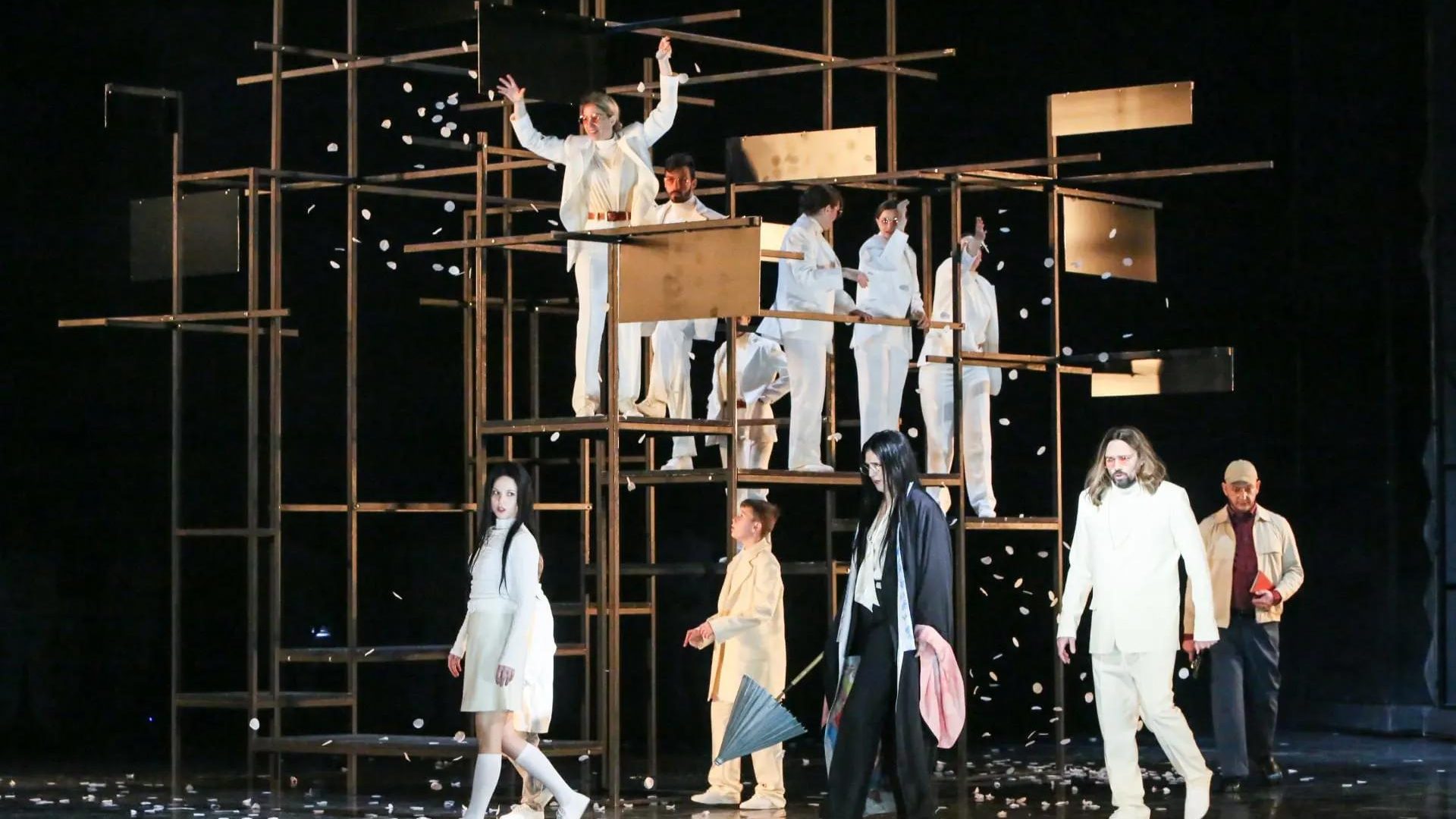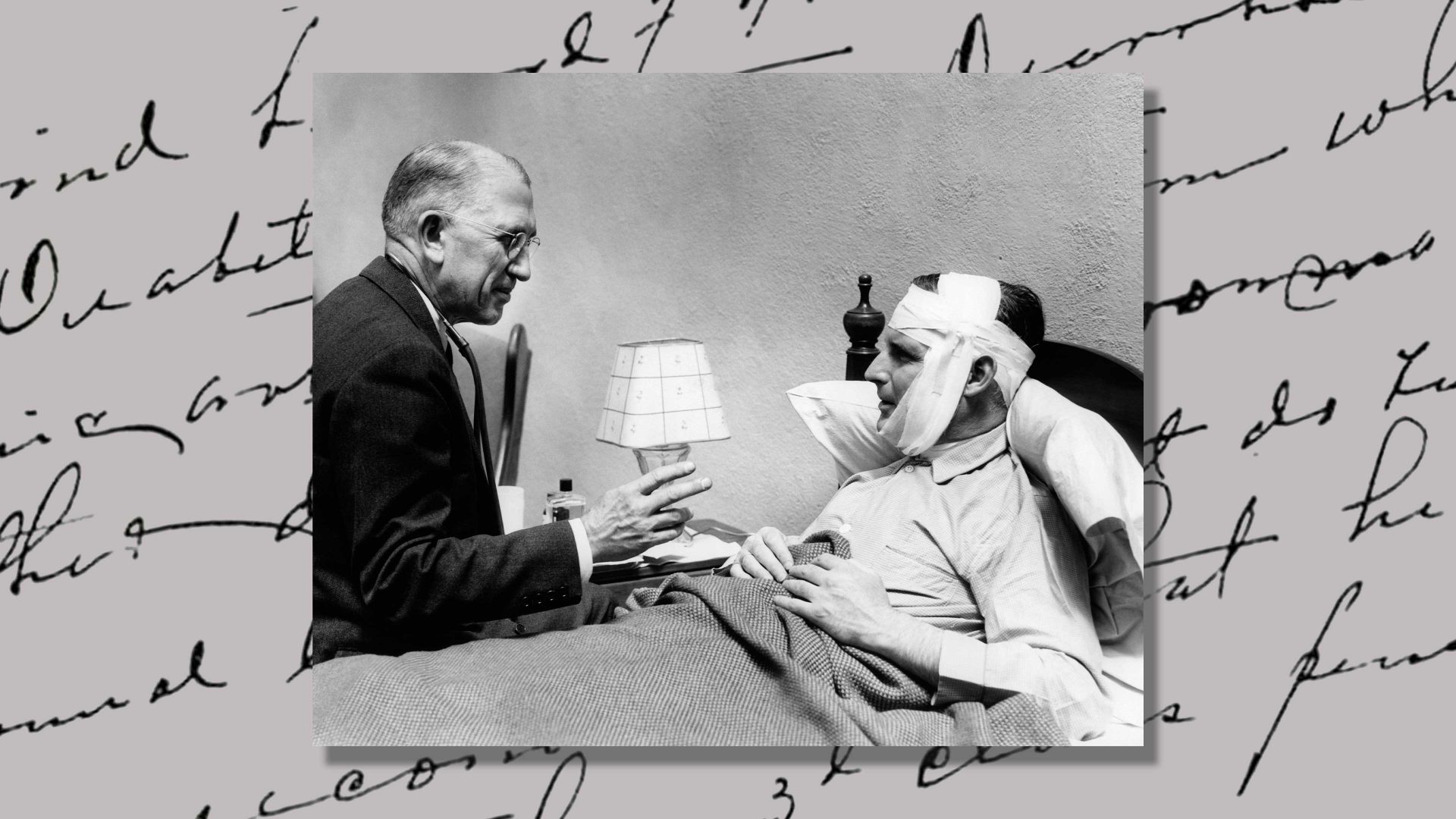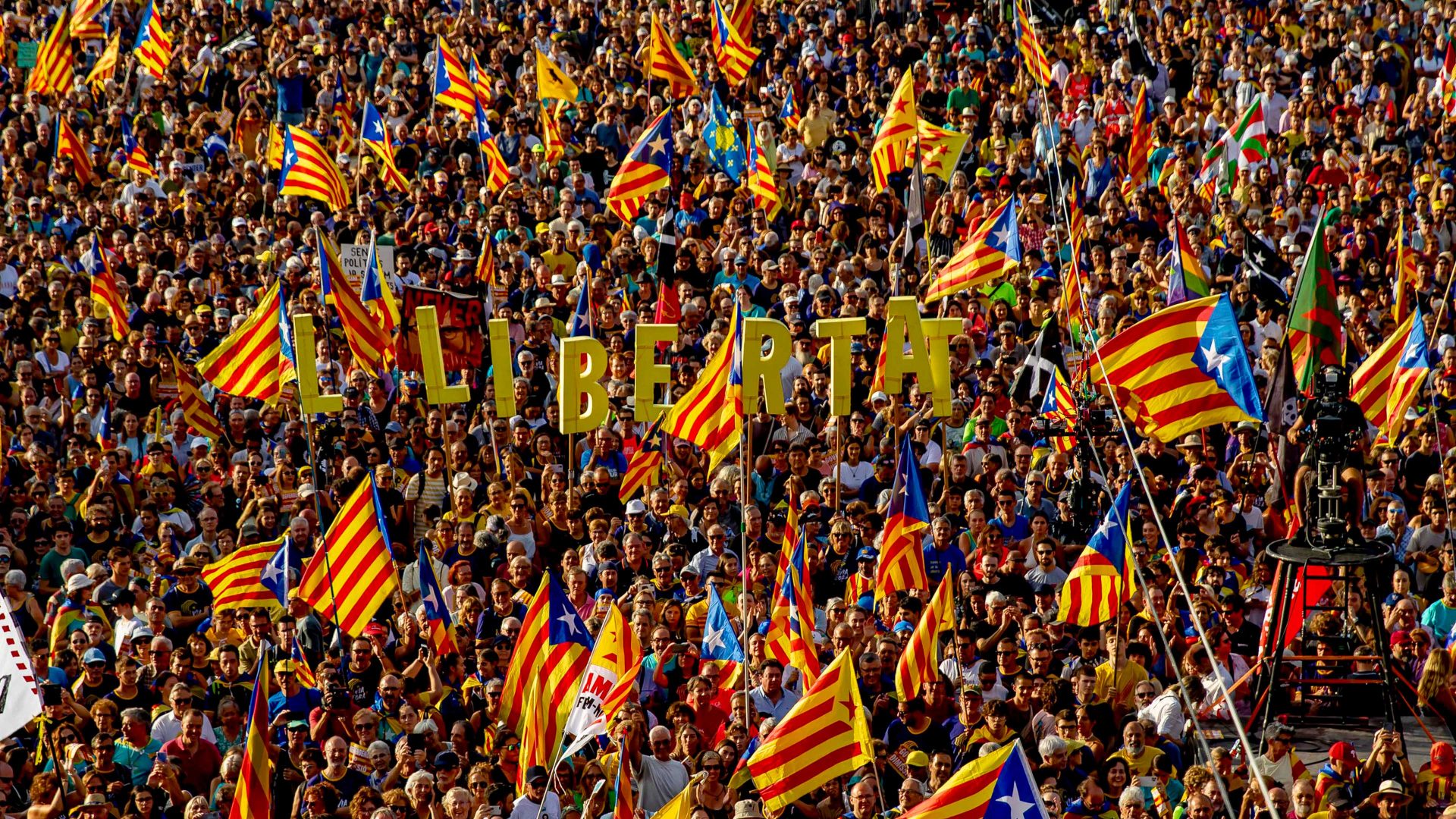Sixty years after they broke up, the Beatles remain inescapable. Visiting the National Portrait Gallery after its extensive refit, there they are, staring from the newly painted walls, in Paul McCartney’s photographic exhibition, “1964: Eyes of the Storm”. I turn on the radio, and presenters discuss whether AI was used to bring John Lennon’s vocals into a new Beatles release. I open a newspaper, and there’s the review of a play called “Mom, How Did You Meet the Beatles?” At home, my 15-year-old daughter plays their songs on a loop.
Then, while idly researching something else entirely, I find an older article in the Paris Review by Slavenka Drakulić, the Croatian author of How We Survived Communism and Even Laughed, about her own time as a similarly devoted teenager in the mid-1960s.
“We were all 15 then. The Beatles… were our thing,” Drakulić explained. Young teenagers in former Yugoslavia in 1964 were enraptured by this new music on Radio Luxembourg. John, George, Paul and Ringo stared out from newspapers, causing boys to experiment with longer hair – the bitlsica (Beatles cut). Girls learned how to sneak out in minis without being chastised by disapproving adults.
But Yugoslavia was more tolerant than its communist neighbours, and many youngsters in miniskirts and with bitlsica haircuts soon became members of the Communist Party.
Today, one such “youngster” (although he won’t have had a mini skirt and I can’t vouch for his hairstyle) and future Communist Party member is returning the favour. Croatia’s former president and self-confessed Beatles obsessive Ivo Josipović has composed his own musical response with an opera about the murder of John Lennon. And the fact that its premiere earlier this year sold out quickly shows that all things Beatles are still a hit.
News of the opera was greeted with bemusement. But the multifaceted Josipović – also a law professor – is not a musical dilettante. Already an award-winning composer, when he became president in 2010 he was following in the footsteps of the legendary Polish pianist, composer and prime minister Ignacy Paderewski to become one of the handful of professional musicians to lead a country. It makes a stark contrast with having Nadine Dorries for culture secretary.
Lennon is a striking, stylised production – white suits worn by Lennon (Domagoj Dorotić) and the chorus do a lot of heavy lifting on the dark, industrial-looking stage. At the start, John and Yoko Ono (Marija Kuhar Šoša, also in shiny white) are surrounded by fans outside their New York home, signing autographs. “I’m swimming in the sky… flying in the sky”, they sing – although without a trace of catchy Beatles tunes, since Lennon is composed in Josipović’s own, established modern musical idiom. Slowly, a menacing baritone voice breaks through the chatter: “Mister Lennon!” Lennon’s killer, Mark Chapman, emerges from the shadows and shoots.
Josipović has based his whole opera in the time between the shooting and Lennon’s death, as memories of his troubled relationships haunt his expiring mind – including with his mother, Julia, who died in a car crash, his first wife, Cynthia, and their son, Julian, who makes an anguished cameo (“why don’t you see me?”), and May Pang, Lennon’s assistant and lover.
Josipović has ascribed his long-term desire to write this opera to his own legal interest: “Perhaps as a professor of criminal law I was drawn by the character of Mark Chapman – the murderer… He grew up loving, worshipping Lennon, but that turned to hate. It’s interesting – it shows you can’t always predict what happens in the future.”
This was certainly the case of those rebellious, hopeful teenagers who greeted Beatlemania with a sense that their world was becoming more open and progressive. Yet, 12 years after Lennon died, Yugoslavia began a brutal civil war, and in the decades since, retrograde, polarised politics are normalised. The only element of the opera about Lennon’s death that could resonate today seems to be Chapman – a religious fanatic brandishing a gun in a US city to “punish” another man for supposed hypocrisy and blasphemy for claiming the Beatles were “bigger than Jesus”.
The director, Marina Pejnović, sees the study of Lennon, who imagined a world without war, possessions and religion, as exposing a “false positivism” prevalent at the time.
“I believe that John Lennon is entirely impossible in today’s world,” Pejnović says. “If he were to appear, he would be ridiculed.”




